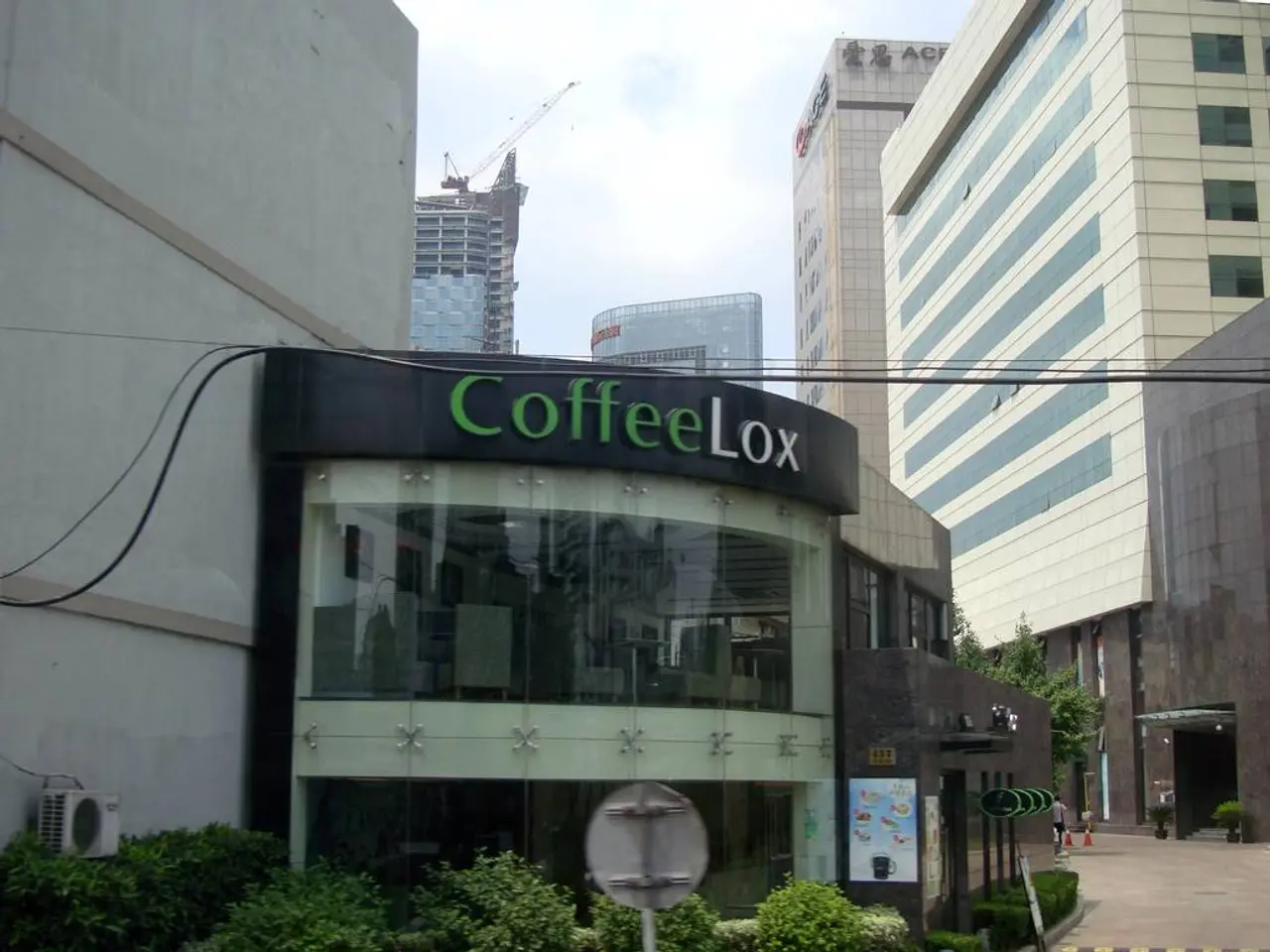Steepest decline in retail sentiment since Covid-19, attributed to Labour's tax increases
Decline in Retailer Confidence Marks Five-Year Low
British retailers have experienced a steep drop in confidence, marking the deepest decline in five years, due to pressures from Rachel Reeves' £26bn employer tax raid and uncertainties triggered by Donald Trump's trade war.
According to the Confederation of British Industry (CBI), this decline is the most severe since the Covid-19 pandemic left the UK high street paralyzed. The grim mood within the sector mirrors challenging financial metrics, as year-on-year retail sales fell 27% from May 2024 compared to an 8% decline in April. June's figures are projected to plummet by a further 37%.
Ben Jones, lead economist at the CBI, commented, "This survey indicates a challenging landscape for the retail and wider distribution sector. Although other recent retail data suggests some recovery, this survey suggests that certain parts of the industry are still grappling with weak consumer demand, while online sales seem to remain more resilient." Jones also highlighted concerns surrounding increased business taxes and increased National Living Wage.
A net balance of firms anticipate their situation to worsen throughout the current quarter, with -29% compared to -19% in February. Similarly, a net balance of firms expect a decrease in employment levels, standing at -20%, and the number of companies planning to decrease investment is projected to reach -47%.
In April, a poll of 31 major retailers by the British Retail Consortium suggested that Labour's Employment Rights Bill could lead to job losses and price increases. This unfavorable outlook arises despite a recent uptick in retail sales, driven by an unseasonably warm spring leading to earlier summer sales. However, these numbers may reflect increasing retail selling prices, with costs up 35%, and June is set to witness a jump of 57%.
Jones recommends that the government, with the Spending Review on the horizon, seize the opportunity to boost growth and stimulate investment by reforming business rates, simplifying skills investment via Apprenticeship Levy reform, or expanding the Made Smarter Programme, thereby enabling greater digital adoption.
In summary, the UK retail sector is faced with a complex set of challenges and opportunities, influenced by economic policies, geopolitical tensions, and consumer behavior. While there are prospects for growth, especially in sectors like retail parks and online sales, retailers must adapt to rising costs, policy changes, and global economic uncertainties.
[1] Data source: CBI Quarterly Retail Survey, May 2025[2] Data source: ONS Retail Sales, May 2025[3] Data source: Knight Frank Quarterly UK Retail Report, Q2 2025[4] Data source: Next PLC trading update, May 2025[5] Data source: Savills Real Estate Investment Survey, Q2 2025
- The decline in retailer confidence, as reported by the CBI, is primarily due to increased taxes and uncertainties in the economy, triggered by factors like Rachel Reeves' employer tax raid and Donald Trump's trade war.
- The retail sector is currently grappling with weak consumer demand, leading to a decrease in employment levels and a decrease in investment, as forecasted by Ben Jones, lead economist at the CBI.
- In the context of the UK retail sector's ongoing challenges, Jones suggests that the government can stimulate growth and investment by implementing measures such as reforming business rates, simplifying skills investment, or expanding the Made Smarter Programme to facilitate greater digital adoption.




